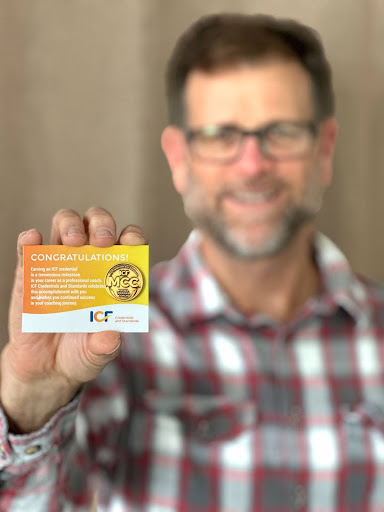This is a risky exercise. I know I’ll inevitably leave out some truly important names. Several years ago, I faced a daunting task: curating my overflowing library. I aimed to distill the books that truly mattered, ruthlessly reducing my collection by 80%. The idea was simple: keep the essentials, digitize the maybes, and reclaim precious shelf space. But the execution? Painful. Nights were spent agonizing over decisions, stress gnawed at me, but I persevered. I got it done.
My initial reflections on this process are below. But first, let’s explore why curating your library—in the truest sense of the word—is so vital.
What does it mean to curate a library?
In this context, “curate” means more than just organizing shelves; it’s about intentionally selecting, organizing, and caring for the authors and books that have profoundly influenced you. It’s about recognizing the power of the written word to shape your soul. Think of the original meaning of someone who “curates”: a person entrusted with the care of souls. That’s the spirit we’re aiming for here.
Why is this so important?
What you read reveals who you are and who you are becoming. It’s a mirror reflecting your inner life. We could preach a sermon on this! How do you spend your time? Who forms your inner circle? Tell me what you read. These questions are inextricably linked.
Curating your library allows you to:
- Dig a deep reservoir of knowledge: Information overload is a modern plague. We can’t possibly keep up with the daily deluge of content, but we can cultivate depth. Focus on the topics that resonate with your soul and foster your leadership vision, guided by the Holy Spirit, and immerse yourself in the wisdom of those who have gone before. This focused reading builds a deep well of understanding you can draw from for years to come.
- Pass on wisdom to others: Leaders are constantly challenged to stay informed, to be conversant on a wide range of subjects, to have the right answers. Knowing which authors to read, which voices to heed, is crucial for empowering those you lead. Your curated library becomes a resource for their growth as well.
A Reflection Exercise:
Consider your faith journey. Which authors have had the greatest impact on you? The Bible, of course, tops the list. But beyond Scripture, which books have shaped your character, influenced your discipleship, impacted you theologically, motivated you missionally, expanded your leadership, challenged your assumptions, or simply blessed your soul?
These reflection questions are designed to spark your memory: Who has God used to…
- …shape your character?
- …influence your discipleship?
- …impact you theologically?
- …motivate you missionally?
- …expand your leadership?
- …challenge you?
- …bless you?
This list is just a starting point. Answer each question individually, brainstorm a list of names, or find your own way to reflect. The important thing is to give this process the careful consideration it deserves.
Some of my touchstones:
- Life Together – Dietrich Bonhoeffer
- Master Plan of Evangelism – Robert Coleman
- The Coming Church Revolution – Carl George
- Organic Church – Neil Cole
- As You Go…Make Disciples – Colin Noyes
How to Curate Your Library:
- Reflect: Identify the authors who have profoundly impacted you and your ministry.
- Narrow: From that list, select the books you truly need to keep on your shelf. These are the works you return to again and again.
- Box it up: Pack the remaining books into boxes.
- The Year of Testing: For the next year, mark which books you pull from the boxes and which remain untouched.
- The Great Cull: At the end of the year, make the necessary changes. Donate the unused books to a deserving emerging leader.
Mentoring for Coach Certification:
Over 13 years (2007-2020) and three levels of certification with the International Coach Federation (ICF), I discovered the power of mentorship. The required 10 hours of mentor coaching for each level (Associate, Professional, and Master) were transformative. Feedback, awareness, and new perspectives were game-changers.
To maintain my Master certification, I recently completed 40 hours of coach assessor training (Continuing Coach Education Units or CCEUs). This allows me to mentor other coaches and assess their competencies. My extensive work with Bob Logan researching and developing world-class Christian coaches adds another dimension to my mentoring. (You can find our resources here: CLICK HERE).
Whether you’re pursuing ICF certification or simply seeking to refine your coaching skills, I offer one-on-one and cohort mentoring. If you’re interested in exploring how we can cultivate your coaching effectiveness in 2025, schedule a free discovery call with my assistant, Samantha (admin@infocusnet.org). Let’s work together to unlock your full potential as a coach.
Look for a new resource to equip coach mentors to guide coaches through their Journey of Ongoing Growth later this year!

